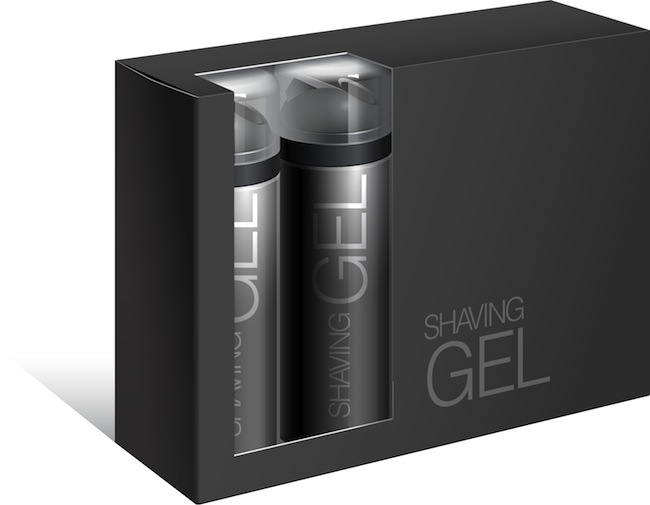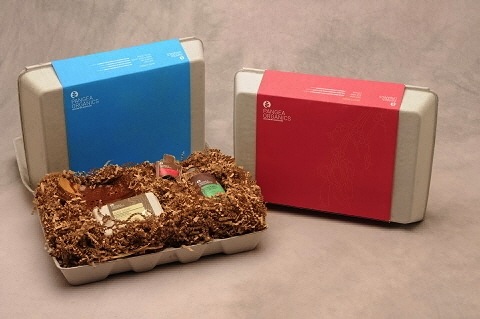
How do you stand apart if you are selling just soap? How do you differentiate yourselves from the dozens of other soap sellers?
The key to selling anything is to first identify a small group of customers, and to then offer them something that is better than what they can otherwise have. Marketing experts call this segmentation and differentiation – the two central pillars of marketing. Here is what they mean.
Segmentation
Segmentation involves dividing the entire market into customer segments with different needs. Once you divide the market into these segments, or slices, you then target a particular slice with a particular product. For example, if you are selling breakfast cereal, then you may segment the market into – kids, adults, and health conscious people. Why segment the market? Because, once you segment the market into these slices, you can address each slice with a specific product. You can also target your marketing efforts more precisely with different approaches towards different segments.
For example, here is what Kellogg’s does –
- Kids love sugary things – So Frosted Flakes for them.
- Adults prefer less sweet food – So Corn Flakes for them.
- Health conscious folks like high-fiber and low-calorie food – So Special K for them
Another example is the market segmentation used by Gap Inc. The company uses three brands – Old Navy, Banana Republic and Gap – to address the needs of different customer segments.
- Old Navy – Families and bargain minded customers.
- Banana Republic – Affluent, fashion conscious customers.
- Gap – College age customers and 25 to 35 year olds.
However, it is not just enough to slice your market into different segments, you must also offer a product that differentiates you from your competitors in each segment. And that is where the second pillar comes into play.
Differentiation
Within each segment of the market, you need to offer a product that makes you stand apart (differentiate) from every other competitor in that segment. For example, Apple differentiates itself within the laptop buyer segment by offering a product that is easy to use and robust, compared to every other laptop vendor. Walmart differentiates itself from other supermarkets by offering a shopping experience with a wide variety of goods at low prices under the same roof.
To reiterate, here are four steps for successfully selling any product –
- Segment your market into slices
- Choose a slice to participate in
- Identify all your competitors within that slice
- Offer something that is different from what your competitors offer within that slice
However, this idea is not always easy to implement. More so, if you are selling a commodity product like soap. And that is why the story of Pangea Organics is interesting.
The story of Pangea Organics
Pangea Organics is a Boulder, Colorado based company that sells body care products : soaps, creams and lotions. How do they succeed in a market crowded with hundreds of body care products?
First, Pangea segmented the market of soap buyers and chose to participate in a slice where the consumers are eco-conscious, and socially responsible. Once you identify the segment that you are targeting, you can then craft your entire business model around the needs of the consumers in that segment.
In Pangea’s chosen slice, consumers care not only about the physical product, but also about the business practices of the company. Pangea’s mission, as explained on their website, will strike a chord within their target segment.
Buying Pangea Organics products does more than make your body feel good. It means you’re supporting sustainable agriculture and culture – everything from fair trade sourcing and organic farming to living wages and the use of renewable, recycled and recyclable resources.
However, even in this market segment, there are many competitors. Just Google search for “organic soap fair trade” and you will find many of them. So how does Pangea differentiate their products from the competition? They went a step further.
Innovative packaging with implanted seeds
Pangea addressed the packaging of their products to make them stand apart from the crowd. In collaboration with an organic seed producer, they created a compostable, seed implanted carton for packing their products. Soak the box in water for a minute and plant it in soil. In a few days, the seeds will germinate, and you will have your own herb garden in your backyard.
The result? Sales at Pangea rose from $250,000 in 2005 to $5.8 million in 2008. That is a 2300% increase in just 3 years.

Understanding your customer’s needs
More than the idea itself, what interests me is the thought process that resulted in this innovative idea. In order to create this idea, the people at Pangea must deeply understand the mindset of their customers. Said another way, they must truly understand the product they are selling. Pangea is not just selling soap, or fair trade organic soap for that matter. Instead, they are selling a promise of healthy responsible living, and of nurturing the environment. In their words –
We only want to make things that make things better. Which is why we promise to always be true to the people our products are made for – you. And to the place our products come from – the earth.
The customers who buy from Pangea are seeking to express their ideals by supporting a company that shares their beliefs. What differentiates Pangea from other organic soap producers is this promise to be eco-conscious and socially responsible, and the extent to which they will go to support those ideals.
In order to fulfill their promise, Pangea must not only restrict the ingredients of their products, but also their manufacturing process, their supply chain, and their product packaging. By transforming their product packaging to be in harmony with their ideals, Pangea has raised themselves from the crowd of competition.
What can we learn from this story?
If you play it right, no market is off-limits. We know many examples of new players entering crowded market places and succeeding. Before Google, there were a dozen other search engines. Before iPod, there were hundreds of portable music players. But what makes these products special is that their creators understand their customers at a deeper level. They offered something that their competition just didn’t.
You can’t please everyone. In order to sell successfully, you must segment the entire market and identify precisely the set of people you are selling your product to. Once you identify this segment of customers, you then need to deeply understand their needs. What would make them happy? Why would they buy your product?
The most important thing in business is to understand the mindset of your customer. Once you understand your customer intimately, you can craft your business model around their needs. You can then create products that they will love and thus differentiate you from your competition – even if you are selling just soap!
